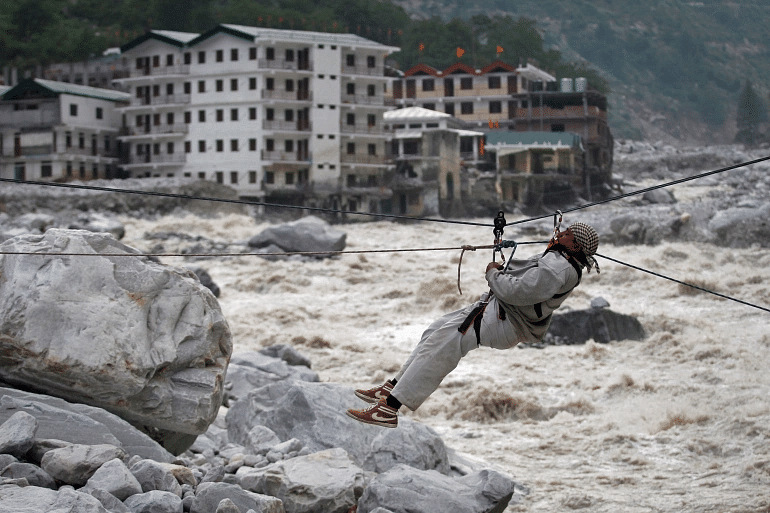The most effective way to save ourselves from a disaster, manmade or natural, is to avoid it from happening. All the work done after the disaster, to save lives and property, is worth the effort. The organisations formed at the national and state levels – NDRF and SDRF – are always required. Their importance cannot be denied. Apart form these two apex bodies, there are other smaller formations that are pressed into service at the time of any disaster, and their inputs are also required. The government always keeps a margin, in terms of resources, for natural and manmade disasters, and that also fits into the logic of things. After all we never know when a disaster strikes us, and with what magnitude. But all the disasters that we have suffered teach us one lesson, repeatedly. The lesson is that a small effort, or a small arrangement put in place beforehand, can avoid a huge disaster. And afterwards even the efforts million times more than that can not undo the damage that is inflicted. This learning doesn’t seem to guide our disaster management.
Everyday we come across the news of a small or a big disaster. Just a look at the reasons of those disasters we can easily make it out that most of these could have been avoided, had we taken care of smaller things. Lives and properties could have been saved. Once again there is a need to sensitise the people about how they should act in certain respects so that to avoid a disaster in the first place. Up ahead we need to make our institutions, and the government departments, mindful of avoiding disaster. The way we build our houses, the way we plan our colonies and markets, the way we design our roads and bridges – all these things need to be made disaster sensitive. Similarly when we engage with environment, we need to know that there are certain fragile and vulnerable areas. There is always a likelihood that if we don’t act in sensible ways the environmental fault-lines can open up, causing huge disasters. So the first, and the most effective, step in saving ourselves from disasters is to avoid disasters. Disaster avoidance cost less, and pays more. Disaster management, on the other hand, cost more, and benefits less.






